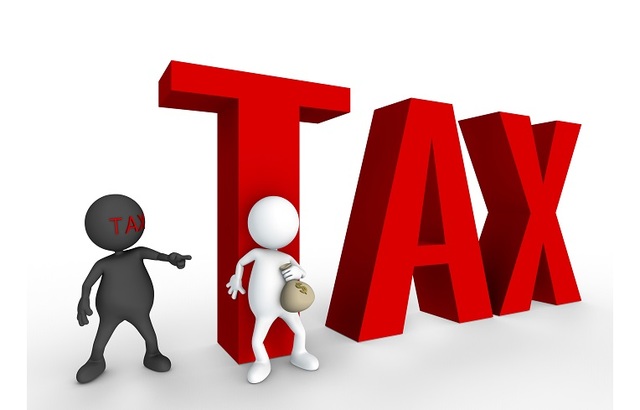Tax evasion investigations are rarely positive for the subject; in fact, about half of all cases result in a fine or an adverse finding. If HMRC believes that something on your tax return, company accounts, or records is irregular, suspicious, or inconsistent, it will most likely investigate you for tax evasion.
HMRC may use a database called ‘Connect’ to find leads. This data is used by HMRC to start an inquiry in conjunction with other sources of information.
What are the possible penalties for tax evasion in the UK?
The penalties for tax evasion can be financial, criminal, and/or both. HMRC’s civil procedures are used to address most instances of tax fraud and evasion.
The Tax Office must prove that you deliberately attempted to evade tax before it will indict you for tax fraud. If the evidence shows that there has been a criminal act, and that it is in the public interest, HMRC will only pursue charges of tax evasion. This is known as the 2-stage test for prosecutors. The evidential test and the public interest test are two separate tests applied by prosecutors (and judges).
As part of its duty to pursue tax offenders, HMRC aims to act as a deterrent by delivering a strong message about their zero tolerance for tax evasion, whether on an individual or company level.
There’s a chance you’ll get jail time if you’re found guilty of tax evasion, depending on how serious the tax evasion is.
How penalties are determined
The HMRC will investigate the circumstances behind your underpayment of tax, as well as any outstanding amounts. Your tax underpayment situation will be classified into one of four categories because of this.
These are:
Mistake or misinterpretation
If you made an honest mistake that resulted in an underpayment of tax, HMRC will consider it as such. There is little likelihood of a penalty being applied until the unpaid tax is paid.
Failure to take reasonable care
If a tax return is not prepared properly, such as if a supplementary form is ignored, the HMRC considers it to be a lack of reasonable care. This is considered a moderate offence by the HMRC, which may impose a penalty of 30% of the tax owing.
Deliberate understatement
HMRC regards it as significant tax fraud if it finds that the taxpayer deliberately understated their tax liability. This might apply if the taxpayer intentionally inflated their expenses or allowances. Because this is considered tax fraud, a tax evasion penalty of up to 70% of the owed taxes may be imposed.
Punishment for not declaring income
The most severe tax fraud penalties that can be imposed by HMRC are for intentionally misleading the agency when filling out a tax return, then taking actions to hide or attempt to conceal the fraud. If relevant papers have been destroyed or money has been transferred offshore, this may apply. Penalties of up to 200 per cent of the taxes owed might be levied because of this sort of crime.
Income tax evasion
More serious instances of income tax evasion can result in a sentence of up to seven years imprisonment. The taxpayer’s failure to return the evaded tax may result in an increased sentence or, in severe cases, a fine as high as £5,000.
VAT evasion penalties
The maximum prison sentence for evading VAT in the magistrate’s court is six months. Fines of up to £20,000 can also be imposed. Convictions in more serious cases of VAT evasion sent to the Crown Court may result in imprisonment sentences of up to seven years and infinite fines.
Providing false documentation to the HMRC
It is a criminal offence to submit false documentation to HMRC. The maximum penalty for this offence is a £20,000 fine or a six-month prison term.
Cheating the public revenue
This is the most severe criminal charge that HMRC employs in instances of significant tax evasion. In the UK, the maximum penalty for this crime is life imprisonment or an unlimited fine.
Corporations can also be criminally liable
A firm can be charged with tax fraud if an employee or an associated person assists in tax evasion while working on its behalf. The Criminal Finances Act 2017 extends the Bribery Act 2010, which had previously defined this as a crime.
However, the 2010 Act made proving that a firm was complicit in tax evasion difficult for authorities. As well as the risk of significant reputational damage, non-compliance with this legislation may result in a financial penalty being imposed.
HMRC penalties may be reduced by following these steps.
We may help you try to reduce HMRC penalties because of a tax evasion investigation or avoid criminal prosecution by using our seasoned legal team of experienced corporate crime solicitors, ex-HMRC officials, and commercial tax litigators. They are aware of the most typical HMRC techniques, techniques, and procedures, and in some cases can negotiate a favourable settlement for our clients.
If you are being investigated for tax evasion, contact Richardson Lissack immediately to learn more about how we can assist.

